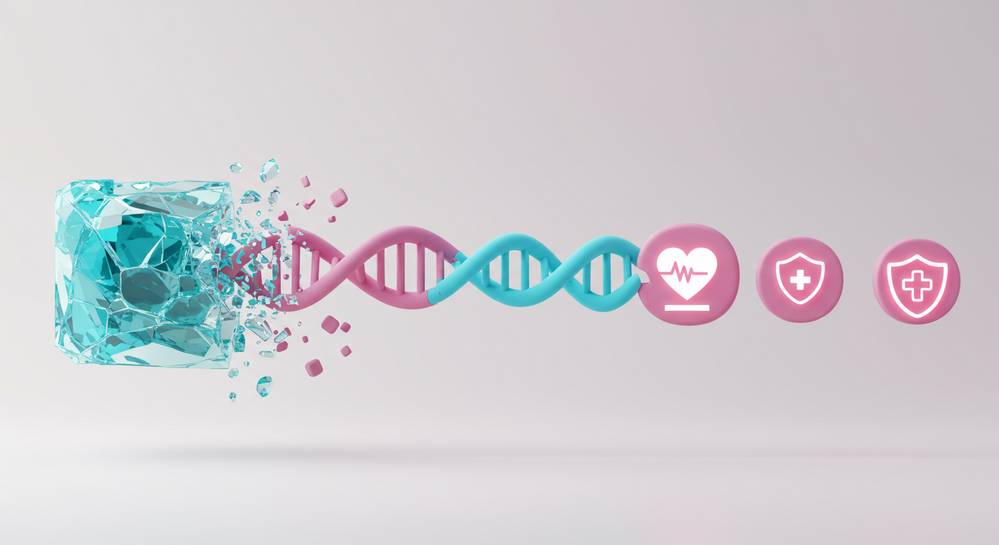Blockchain in healthcare news what you need to know now
The healthcare industry faces persistent challenges with data security, interoperability, and administrative inefficiency. As providers and patients seek more reliable solutions, the latest blockchain in healthcare news reveals a technology poised to deliver unprecedented trust and transparency. This article explores the current applications, hurdles, and future trends of blockchain, explaining how it is set to redefine the medical landscape for years to come.
Contents
What is blockchain and why is it crucial for healthcare
At its core, blockchain is a decentralized and immutable digital ledger. Unlike traditional databases controlled by a single entity, it distributes identical database copies across an entire network. This decentralized structure is revolutionary for healthcare, an industry plagued by data silos and security risks. Every transaction, or block, is cryptographically chained to the last. Once recorded, a block cannot be altered, ensuring data integrity and making blockchain in healthcare news a major topic in 2025.
Core benefits for the medical field
- Decentralization: Eliminates the single point of failure. If one hospital server goes down, patient data remains accessible through other nodes.
- Immutability: Creates a permanent, tamper-proof audit trail for all medical records and transactions, crucial for regulatory compliance.
- Enhanced Security: Advanced cryptographic principles secure the data, making it extremely difficult for unauthorized parties to access sensitive patient information.
- Interoperability: Provides a universal protocol, allowing different healthcare systems and providers to share information securely and efficiently.
Recent breakthroughs and real world use cases

Theoretical benefits are now becoming tangible applications, with recent blockchain in healthcare news highlighting significant progress. Pilot programs are demonstrating how this technology solves long-standing industry problems. These use cases are moving beyond proof-of-concept and delivering real value in critical medical domains, signaling a major shift in health-tech for 2025.
Securing the pharmaceutical supply chain
A primary application is combating counterfeit drugs. Blockchain systems track pharmaceuticals from manufacturer to pharmacy on an immutable ledger. Each step creates a verifiable and transparent history for every package. This process not only guarantees drug authenticity but also dramatically enhances patient safety by removing fraudulent products from circulation.
Empowering patients with data control
Emerging projects now give patients full ownership of their medical records. Using a blockchain-based system, individuals can grant temporary, specific access to their health information to doctors or researchers. These patient-centric models are part of a wave of new undefined that improve privacy and streamline care coordination.
The primary challenges slowing blockchain adoption

Despite its potential, widespread adoption of blockchain in healthcare faces significant obstacles. Stakeholders must navigate technical, financial, and regulatory hurdles before this technology can become mainstream. The latest blockchain in healthcare news reflects a cautious optimism, tempered by the reality of these complex implementation challenges. Understanding them is key to forecasting the future.
- Integration with Legacy Systems: Most hospitals rely on older electronic health record systems. Integrating decentralized blockchain with these centralized infrastructures is technically complex and expensive.
- Scalability and Performance: Healthcare generates massive amounts of data. Current blockchain networks still face challenges with transaction speed and storage capacity in large-scale clinical settings.
- Regulatory Uncertainty: Navigating data privacy laws like HIPAA remains a major concern. The industry is watching for undefined to establish clear compliance frameworks.
- High Implementation Costs: The initial investment for development, implementation, and staff training can be prohibitive for many healthcare organizations.
What the future holds for medical blockchain technology

The trajectory for blockchain in the medical sector points toward a more integrated and intelligent future. As the technology matures, it will converge with other innovations, unlocking capabilities that could reshape healthcare. The focus is shifting from foundational infrastructure to sophisticated applications, which will dominate blockchain in healthcare news headlines moving forward.
Convergence with AI and IoT
The combination of blockchain with Artificial Intelligence and the Internet of Things holds transformative potential. IoT devices, like wearable health monitors, can securely record real-time patient data onto a blockchain. AI algorithms can then analyze this trusted, immutable data to provide predictive insights for personalized medicine and population health management, all while ensuring data integrity.
Genomic data and personalized medicine
Genomics is another major frontier. Blockchain can provide a secure marketplace where individuals can share their encrypted genomic data with researchers. This would create vast, trusted datasets to accelerate research into genetic diseases and personalized treatments. Crucially, it gives individuals unprecedented control over their most sensitive personal information, empowering them in the research process.
While significant challenges in regulation and integration remain, the developments in medical blockchain technology are undeniable. From securing drug supply chains to empowering patients with control over their own data, its potential to build a more secure, efficient, and interoperable healthcare ecosystem is clear. For the latest insights on technology transforming our world, stay informed with News Eagle Eye.